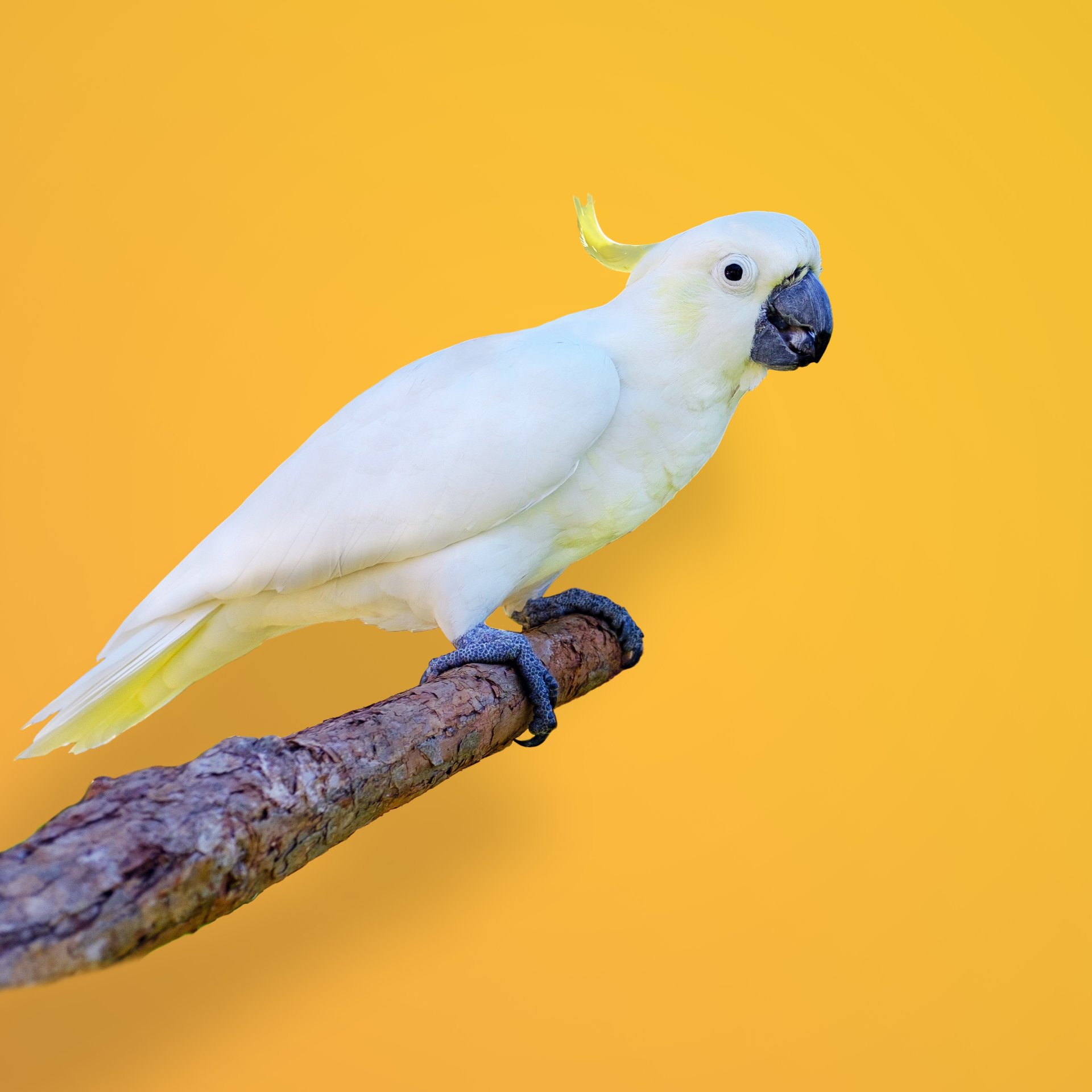How to care for a cockatoo

Cockatoo Care Guide
1. Housing
Cockatoos are large birds that need a spacious area to fly and jump freely. The cage should be large enough and tall enough to allow them to move around freely. There should be toys, such as branches, ropes, and swings, to prevent boredom.
It is also important to allow the bird to fly in a safe area within the house to exercise and maintain muscle strength.
2. Suitable Diet
Cockatoos enjoy a varied diet, mostly consisting of seeds and nuts, such as peanuts, almonds, sunflower seeds, pumpkin seeds, sesame seeds, and corn. They also enjoy fresh fruits like oranges, bananas, apples, and strawberries.
Fresh vegetables that are high in vitamins, such as kale, lettuce, spinach, broccoli, carrots, and bean sprouts, should also be included. These vegetables are rich in important vitamins and minerals, such as vitamins A, C, and calcium, which help maintain bone health and immune system function.
Providing calcium and vitamin supplements to strengthen bones is important because Cockatoos are at risk of calcium deficiency.
3. Health Care
Cockatoos have thick and long feathers that require regular grooming to prevent matting. Nail checks and trimming are also necessary to prevent injury from gripping the cage.
Taking the Cockatoo for an annual check-up with a veterinarian ensures that the bird receives proper care, especially with regard to overall health, such as checking the oral cavity and wings.
4. Bonding and Interaction
Cockatoos are emotional and require a lot of attention from their owners. Training and spending time with the bird will help establish a strong relationship.
Talking or singing with the Cockatoo will encourage it to feel relaxed and build a closer bond with the owner.
Training basic commands, such as come or stop, will help the owner manage the birds behavior better.


